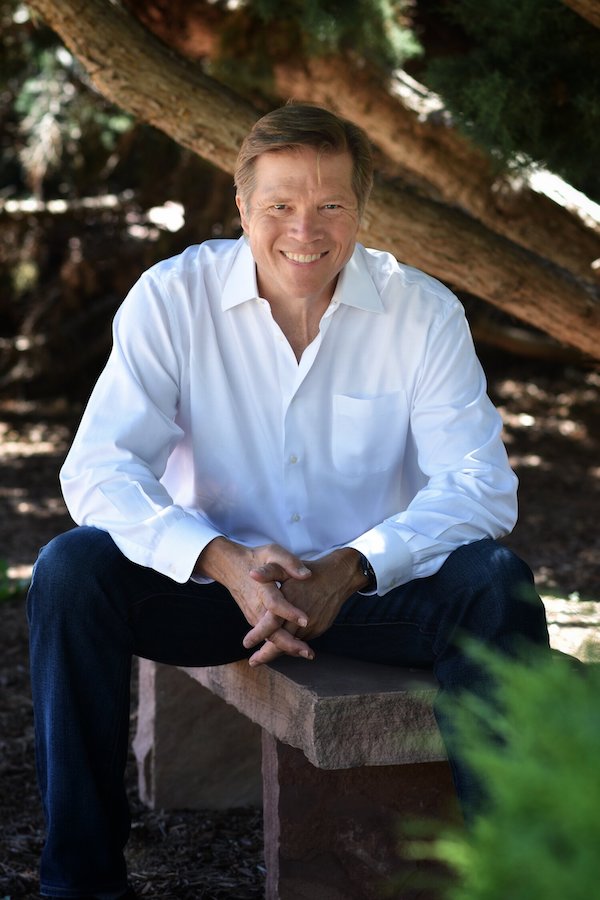Gilfry’s mixed recital for Vocal Arts goes from chansons to kitsch

Vocal Arts DC continued its virtual recital series this month, with a streamed concert by baritone Rod Gilfry and pianist Peter Walsh. The recording venue, the Doheny Mansion at Mount St. Mary’s University in Los Angeles, looked better than it sounded, with a hollow acoustic that echoed somewhat coldly. Gilfry’s program leaned toward music theater, jazz, and lighter fare.
The selections opened strong with a set of five songs by Charles Ives. Gilfry’s smooth legato gave a mahogany finish to “The Housatonic at Stockbridge,” supported by the flexible and supple touch of Walsh at the keyboard. “Two Flowers” and “Serenity,” both sentimental songs, also benefited from the duo’s musical sensitivity. Gilfry’s voice lost its stability at times, especially as he backed off from loud dynamics to soft ones.
In “The Greatest Man” and “Charlie Rutlage,” Gilfry poured on the charm as he attempted to bring the narrators of these songs to life. A braying tone and other intentionally rough edges marked the former song, about a boy admiring his dad’s good qualities. The latter earned a broad drawl and grinding R’s to go with its story of a deceased cowpuncher and all-around good feller. Walsh’s wild antics at the piano complemented the furious intensity of the words.
Gilfry excelled in the six surreal miniatures of Poulenc’s Le bestiaire because he played them mostly close to the vest, avoiding the trap of exaggerating the humor. Walsh crammed maximum color and variation into each short accompaniment, from the sinuous chromatic motif of the dromedaries in the first song to the gentle rocking waves of the carp in the last.
“Chanson épique,” the middle song of Ravel’s Don Quichotte à Dulcinée, best suited Gilfry’s voice—robust in tone and smooth in texture. Perhaps not surprisingly, this was the one of the three songs in the set that Ravel dedicated to Martial Singher, the baritone who later taught them to Rod Gilfry. The outer songs of the set revealed some vocal wear in the topmost notes in “Chanson romanesque” and the labored runs of “Chanson à boire.”
Two songs by Morten Lauridsen were earnest and sincere, especially “Prayer,” set to Dana Gioia’s anguished poem on the death of his son. Notes at both the top and bottom of the voice sometimes proved elusive, and with the simplicity of the melodic line the slight wobble in Gilfry’s vibrato stood out.
Gilfry then hammed up two songs by Jake Heggie with shameless excess. He punctuated “Of Gods and Cats” with exaggerated cat-lapping tongue gestures and contented purring. “Once Upon a Universe,” an account of a spoiled child God who has to be scolded by his mother, seemed too cutesy by half.
Surprisingly, Gilfry went on to outdo even these songs in kitschiness with a concluding set, pairing French songs with jazzified versions of them by himself, Matthew Aucoin, and Walsh. The result—at its worst a sort of parody of a bad lounge singer—made for an ignominious end to this recital.
The highlights in this set were some spirited solo breaks by Walsh, channeling the late Michel Legrand.
This concert can be streamed through March 9. vocalartsdc.org
